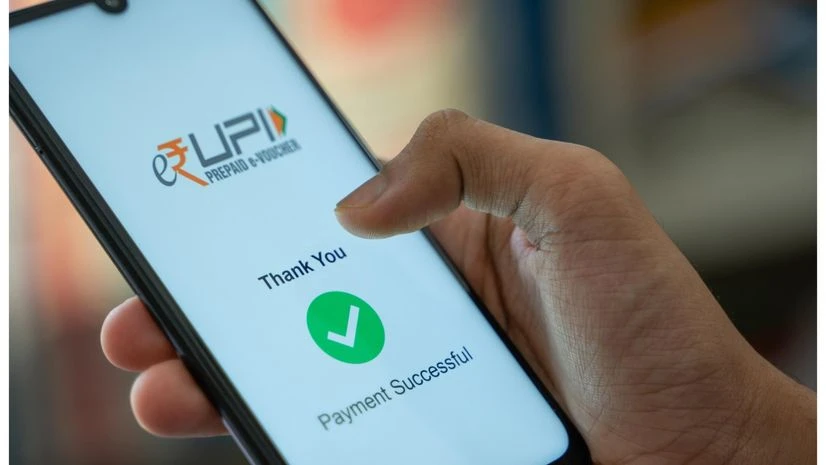The organisation that runs Unified Payments Interface (UPI) is considering implementing an interchange fee structure lower than credit card transactions, Business Standard report on Monday.
Sources in the know told the newspaper that the National Payments Corporation of India’s (NPCI) charges could be 1-1.2 per cent. Credit card typically have an interchange fee of 1.8-2 per cent for transactions.
Currently, there is no defined interchange fee for credit lines on UPI by NPCI.
What is an interchange fee?
An interchange is a fee banks pay between themselves for accepting card-based transactions. It is a small amount of money that a merchant pays, mostly to card issuers, when customers make purchases with credit or debit cards. These fees are set by card payment networks like MasterCard and Visa and are calculated as a percentage of the transaction amount plus a fixed fee. Interchange fees cover costs related to providing cards to consumers, bearing credit risk, approving transactions, and may fund rewards or fraud prevention programs. Merchants may raise prices to cover these fees, impacting consumers. Interchange fees depend on factors like the type of card, payment method, type of transaction, and merchant's industry.
It's important to note that NPCI had introduced the credit line on UPI facility in September last year, allowing customers to access pre-sanctioned credit from banks using UPI rails.
However, commercial details are yet to be finalised. Once the interchange fee is determined, it is expected that banks will accelerate their partnerships to offer credit on UPI to customers.

)
